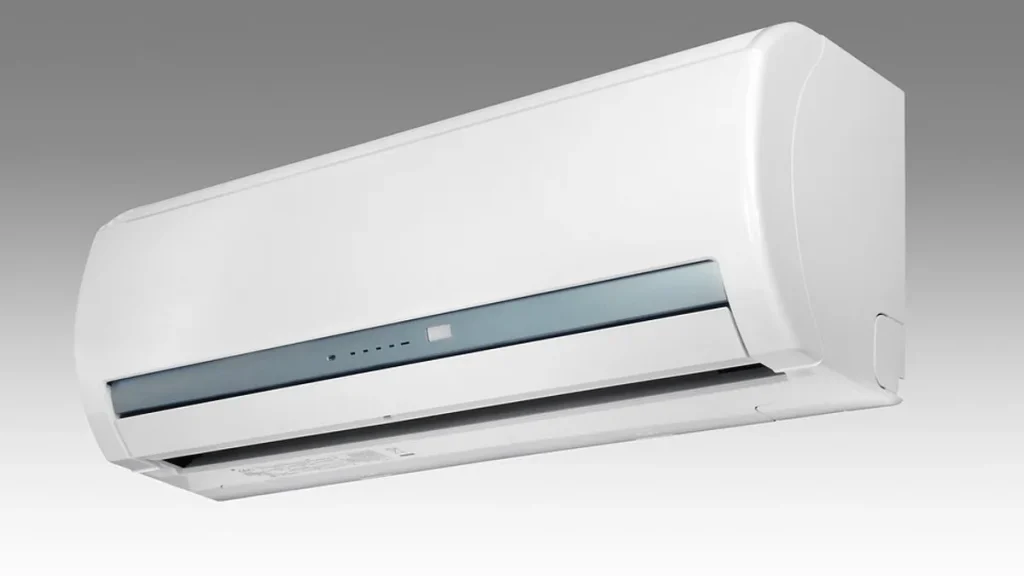and ensuring comfort in homes, offices, and various indoor spaces. However, using air conditioners correctly is essential to maximize their efficiency, minimize energy consumption, and maintain a healthy indoor environment. This essay presents a comprehensive guide on how to use air conditioners correctly, focusing on temperature settings, maintenance, energy-saving practices, and considerations for health and well-being.
Setting the Right Temperature
air conditioning tune up katy tx says selecting the appropriate temperature for your air conditioner is a crucial step in ensuring both comfort and energy efficiency. A balance needs to be struck between personal comfort preferences and energy conservation. The recommended temperature range for cooling during the summer months is generally between 72°F (22°C) and 78°F (26°C).
- Consider Personal Comfort: While guidelines suggest a specific temperature range, individual comfort levels vary. Experiment with different temperature settings to find the one that suits you best without overcooling the space.
- Programmable Thermostats: Utilize programmable thermostats to set temperature schedules. Raise the temperature when the space is unoccupied and lower it before returning. This practice optimizes energy consumption without sacrificing comfort.
- Avoid Extreme Settings: Setting the thermostat too low can lead to excessive energy consumption and discomfort. Each degree below the recommended range can increase energy usage by about 3-5%.
Maintenance for Efficient Performance
24sevenac says proper maintenance is essential to ensure that your air conditioner operates efficiently and effectively over time. Neglecting maintenance can lead to reduced cooling performance, higher energy bills, and increased wear and tear on the system.
- Regular Filter Cleaning/Replacement: Dust and debris accumulate in the air filter, obstructing airflow and reducing cooling efficiency. Clean or replace filters at least once a month during peak usage months.
- Clean Coils and Vents: Dust and dirt on the evaporator and condenser coils can hinder heat exchange, decreasing cooling efficiency. Clean coils and vents annually to maintain optimal performance.
- Inspect Wiring and Components: Periodically check the wiring, fan, and other components for any signs of damage. Loose connections and faulty components can lead to malfunctions and increased energy consumption.
- Professional Maintenance: Schedule annual professional maintenance to assess the overall health of the air conditioner, identify potential issues, and optimize its performance.
Energy-Saving Practices
Using air conditioners efficiently not only enhances your comfort but also reduces energy consumption and environmental impact. Employ these energy-saving practices to make the most of your air conditioning system.
- Seal and Insulate: Ensure that doors and windows are properly sealed to prevent cool air from escaping and warm air from entering. Proper insulation reduces the load on the air conditioner.
- Use Fans Wisely: Ceiling fans can complement air conditioning by circulating cool air throughout the room. Using fans allows you to set the thermostat a few degrees higher without sacrificing comfort.
- Block Sunlight: Close curtains or blinds during the hottest parts of the day to minimize solar heat gain and reduce the workload of the air conditioner.
- Zone Cooling: If possible, close doors to unused rooms and focus cooling efforts on occupied spaces. This approach optimizes cooling where it’s needed most.
Health and Well-being Considerations
While air conditioners offer relief from heat, their misuse can have implications for health and well-being. It’s essential to strike a balance between achieving comfort and maintaining a healthy indoor environment.
- Avoid Overcooling: Excessive cooling can lead to discomfort, respiratory issues, and even cold-like symptoms. Keep the temperature moderate to prevent sudden temperature changes that strain the body.
- Maintain Humidity Levels: Air conditioners can dehumidify the air, leading to excessively dry indoor air. Using a humidifier or opting for an air conditioner with humidity control helps maintain optimal humidity levels for health and comfort.
- Clean Air Filters: Clean air filters contribute to better indoor air quality by trapping dust, allergens, and pollutants. Regular filter maintenance reduces the risk of respiratory problems and allergic reactions.
- Ventilation: Allow for periodic fresh air exchange by opening windows during cooler hours. Proper ventilation prevents indoor air from becoming stale and enhances overall air quality.
Considerations for Nighttime Cooling
Nighttime cooling is crucial for restful sleep and overall well-being. However, there are specific practices to follow to ensure optimal nighttime cooling while conserving energy.
- Use Sleep Mode: Many air conditioners have a sleep mode that gradually adjusts the temperature and fan speed for optimal nighttime comfort.
- Raise the Temperature: Set the thermostat a few degrees higher at night since the body’s temperature naturally decreases during sleep.
- Use Fans: A ceiling fan or a portable fan can provide additional airflow and aid in maintaining a comfortable sleep environment.
Conclusion
Using air conditioners correctly is a blend of personal comfort, energy efficiency, and maintaining a healthy indoor environment. Setting the right temperature, conducting regular maintenance, implementing energy-saving practices, and considering health and well-being factors are all essential aspects of optimal air conditioner usage. By following these guidelines, individuals can enjoy the benefits of efficient cooling while minimizing energy consumption, reducing environmental impact, and ensuring their own comfort and well-being. Ultimately, correct air conditioner usage empowers individuals to create a harmonious balance between personal comfort and responsible energy consumption

